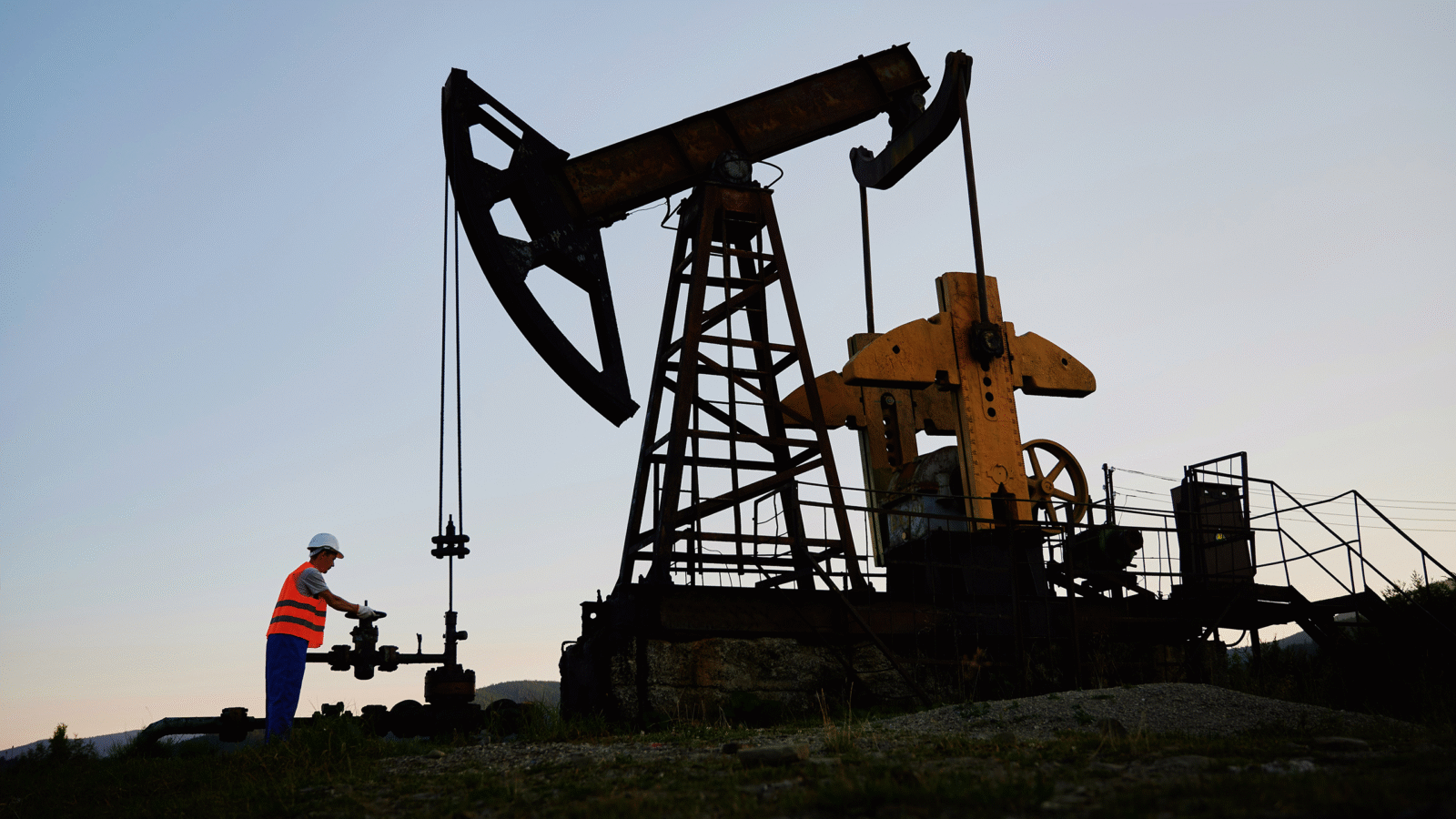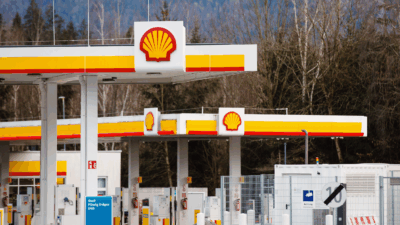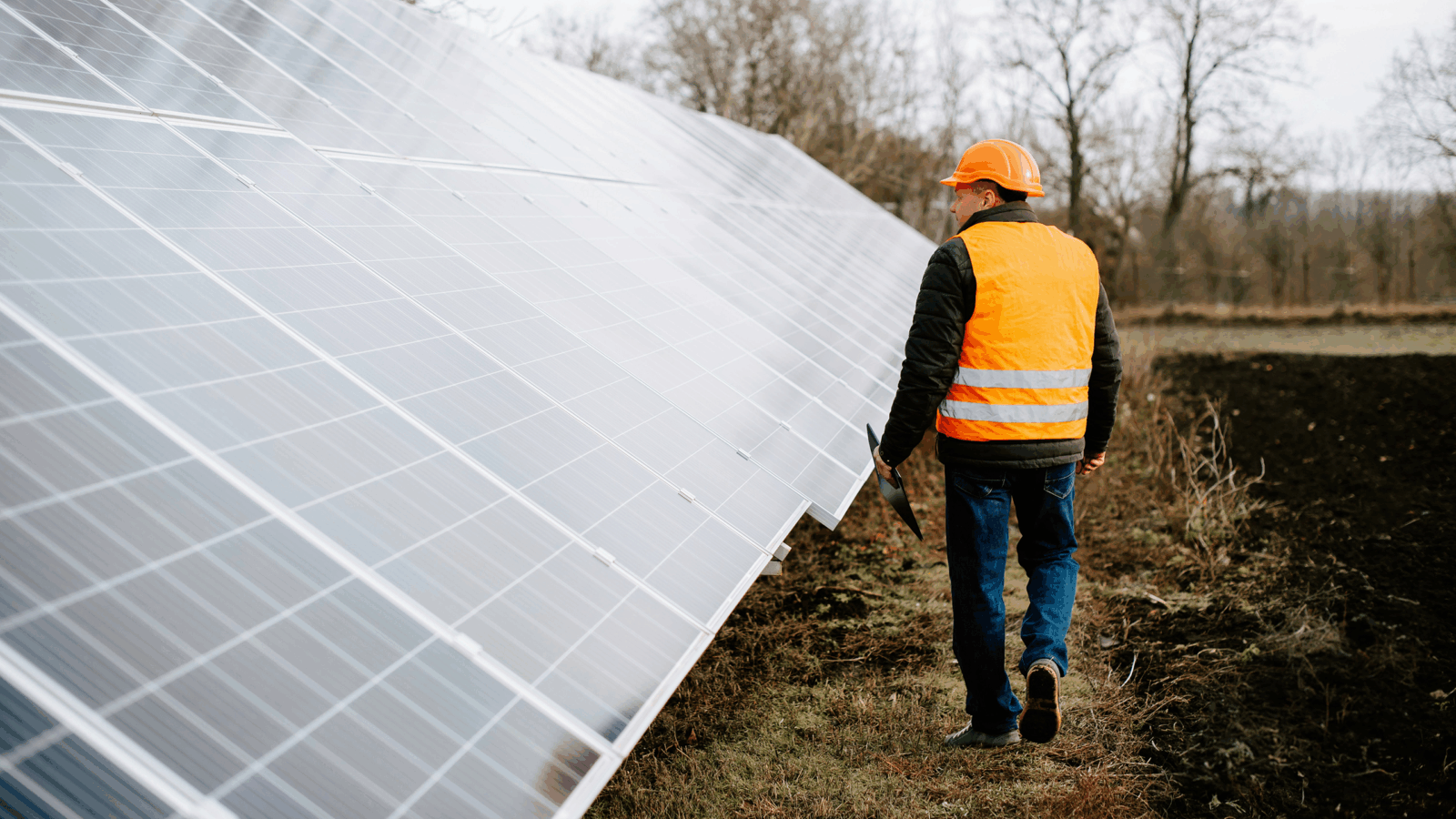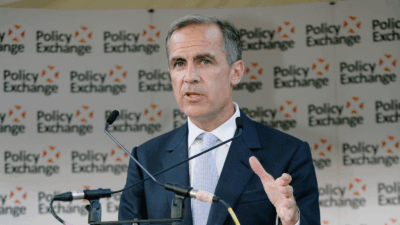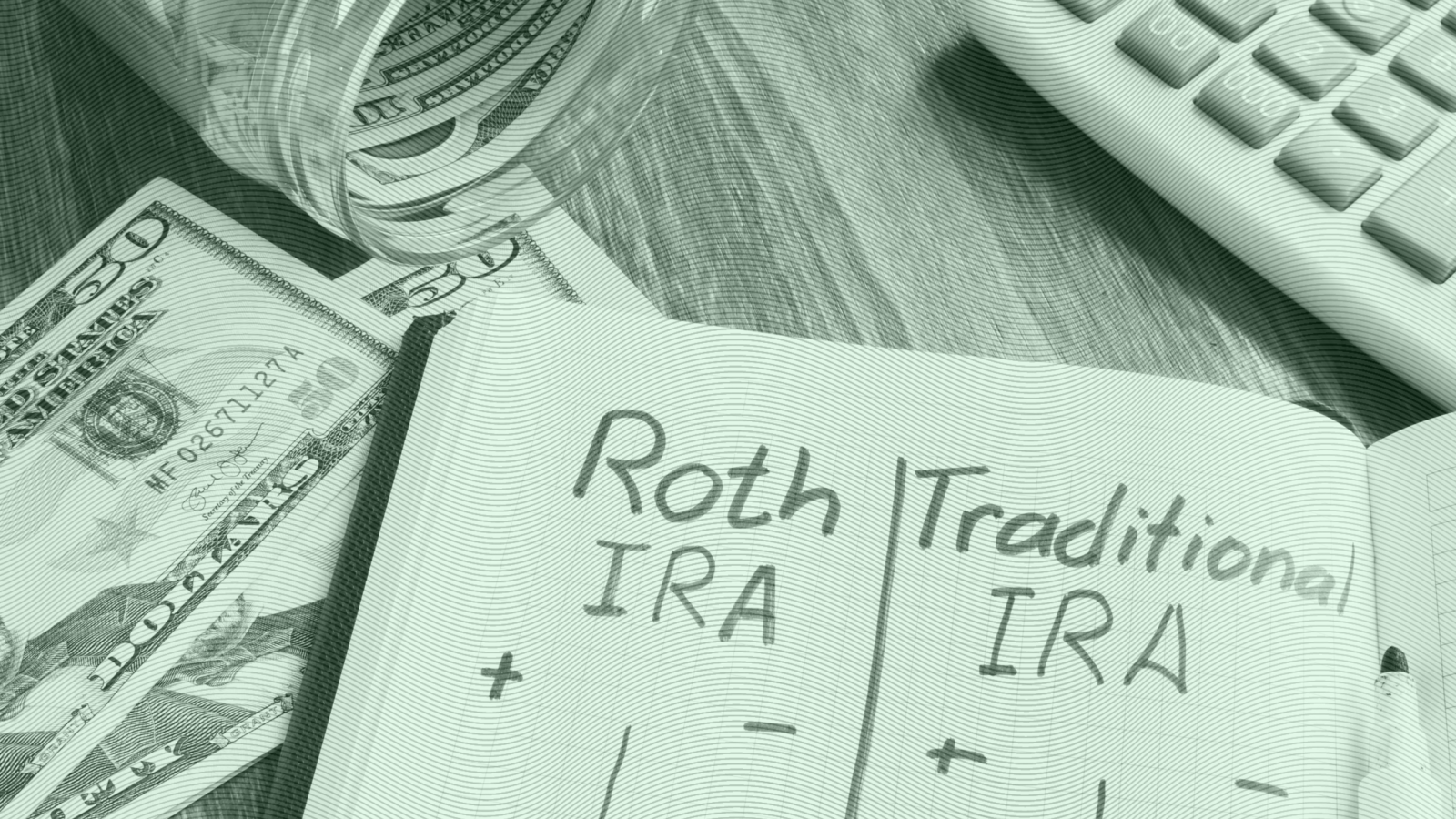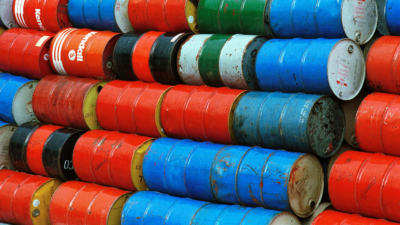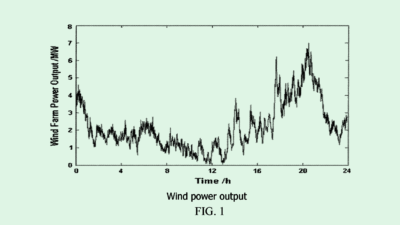
Sign up for smart news, insights, and analysis on the biggest financial stories of the day.
How do you blunt an affordability crisis? The answer is blowin’ in the windfall tax.
On Tuesday, the British government announced it will place a temporary 25% levy on the currently soaring profits of oil and gas producers. The measure, which went into effect immediately, is designed to address an affordability crisis that threatens millions of UK households.
Put the Windfall in Their Sails
Beset by global inflation and the highest energy prices in years, the UK is dealing with its worst cost-of-living crisis since the 1950s. The annual energy bill for the country’s average household is set to rise to £2,800 in October, which regulator Ofgem estimates will push 12 million households into fuel poverty.
While households suffer, British oil giant Shell has posted a record $9.1 billion profit in the first quarter, as rival BP doubled its profit to $6.2 billion. Seeing windfall taxes as a deterrent to investment, Prime Minister Boris Johnson’s government had previously resisted the measure, yet it’s fallen to that government to resolve this fractured dynamic without further spiking living costs or spooking markets. On Thursday, the windfall tax was introduced as part of a multibillion-pound aid package meant to appease all sides:
- The 25% levy will apply as an additional tax on top of current rates, and will be phased out as oil and gas prices decline (fingers crossed). Included is a loophole designed to stimulate oil production: companies can get out of up to 90% of the windfall tax by investing in the development of new fossil fuels.
- All UK households will get a one-time £400 discount on energy bills, while the 8 million poorest households will get a one-time payment of £650. The measures will cost £15 billion, whereas the windfall tax is expected to net merely £5 billion in the next year; Chancellor of the Exchequer Rishi Sunak says slapping a similar levy on electricity operators is an option.
Consumer debt charity Citizens Advice called the package a “life raft for the millions of people struggling to keep their heads above water.” Environmental charity Greenpeace UK dismissed it as “sticking plaster” and called for windfall taxes of 70%. Shares in Harbour Energy, the UK’s largest North Sea oil and gas producer, responsible for some 16% of 2021 oil production, fell after Sunak’s announcement, but quickly recouped their losses.
They’ll Be Fine: Citigroup estimates BP makes under 10% of its earnings in the UK, while Shell makes just 4% — and the UK government can’t tax international profits.
Not That Hungary: Hungarian prime minister Viktor Orbán shocked markets Thursday by introducing a windfall tax on banks, energy firms, insurers, telecoms, and even airlines as part of an emergency economic package. The hard-line nationalist has used sweeping measures like this before, investor confidence be damned. Chancellor Sunak, a former investment banker — along with the rest of the pro-business UK government — has tread much more cautiously, and only entertained the windfall tax months after Italy tried a near-identical levy first. When in doubt, do as the Romans do.
